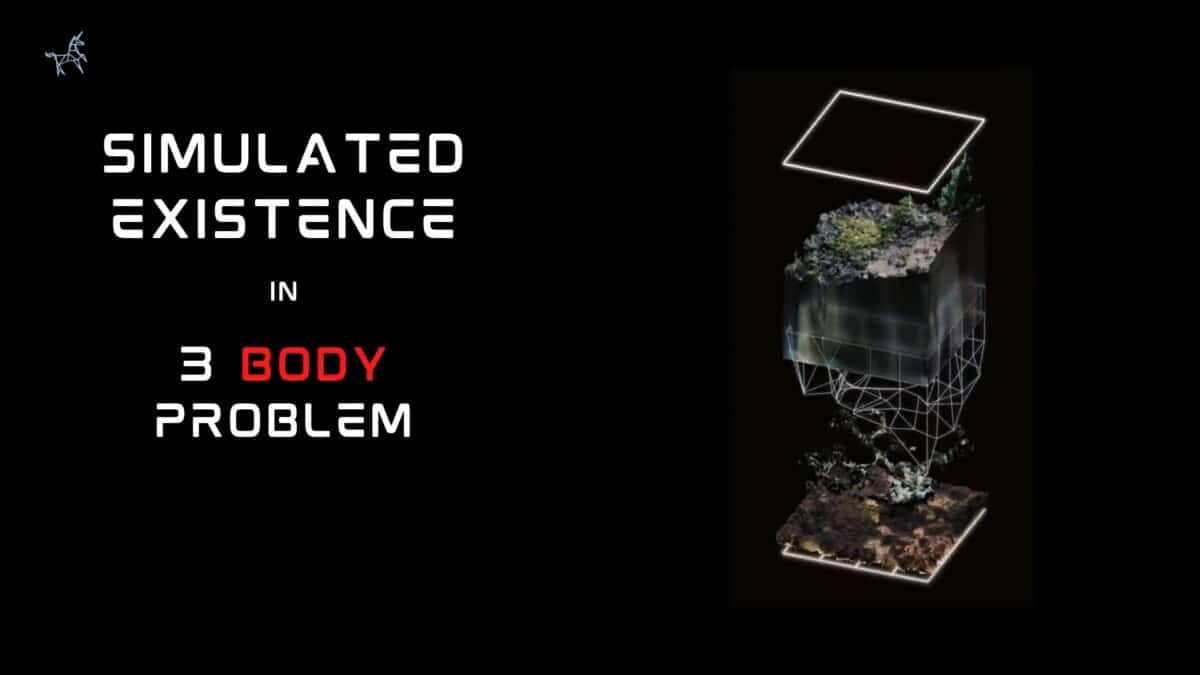While Liu Cixin’s renowned science fiction epic 3 Body Problem primarily grapples with existential themes of alien contact and humanity’s cosmic trajectories, it also dedicates fascinating thought experiments to the nature of virtual realities and simulated worlds. The novel’s portrayal of advanced simulation technologies provides an insightful launching point for contemplating the future frontiers of immersive digital experiences.
One of the novel’s most striking premises is the introduction of sophons – hyper-intelligent probes deployed by the alien Trisolarans to not only surveil and study humanity, but to construct intricately detailed simulations of Earth society. These simulated environments are so convincing that many human characters struggle to discern the difference between the “real” and virtual realms.
As the Trisolarans leverage these simulations to model strategies against their interstellar adversaries, the novel raises profound questions about the philosophy of consciousness and subjective experience. If the humans existing in these highly-realistic simulations are functionally indistinguishable from their physical counterparts, do they not possess legitimate sentience deserving of moral consideration?
Beyond the intriguing simulation concepts, the novel also imagines more grounded future applications of virtual reality in areas like gaming and entertainment. Multiple passages describe immersive fantasy environments rendered with ultra high-fidelity for purposes of training scenarios, artistic expression and psychosocial experiences. Liu Cixin seems to present VR technologies evolving toward practical deployments akin to today’s metaverse visions.
Interestingly, the book also doesn’t shy away from delving into more unsettling aspects of virtual realities – particularly their potential as instruments of social control and domination. Disturbingly realistic VR prison systems and coercive simulations compelling characters into treasonous acts raise haunting questions about the ethics of such technologies if subverted toward nefarious ends by authoritarian regimes.
Whether manifesting as benign fantasy worlds, scientific sandboxes exploring the boundaries of reality, or potentially sinister instruments of control, Liu Cixin’s imagining of advanced simulation technologies challenges readers to ponder the implications – both uplifting and concerning – that could accompany uncommonly immersive virtual domains in the future.
From speculative science fiction, the novel provides a potent jumping-off point for discussing metaverse evolution, the societal impacts of increasingly persuasive digital realities, and the ethics of engineering synthetic experiences verging on the indistinguishable from natural existence.
By using science fiction as a starting point for future forecasting, you can encourage critical thinking, imagination, and thoughtful debate on important issues surrounding virtual worlds, simulation theory and digital realms. To learn more DM me or follow the link https://futurecenter.ventures/sci-fi-for-future-forecasting

